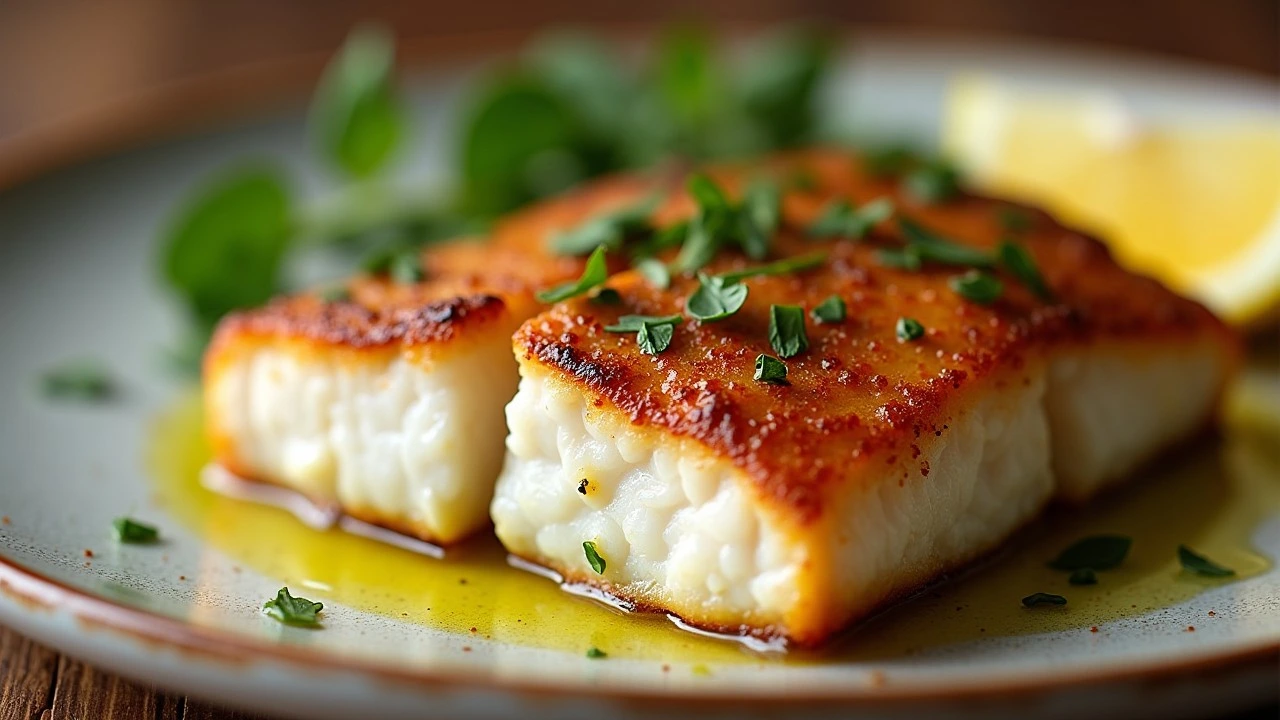Hey there, fellow food lovers! So, you’re standing there, fish in hand, ready to whip up a delicious dinner. But a question pops into your head: should you oil fish before seasoning? It’s a total head-scratcher, right? Let’s dive in and get this sorted out. This isn’t rocket science, but it’s definitely a cooking technique that can make or break your meal. Trust me, I’ve learned the hard way!
The Great Oil-Before-Seasoning Debate: When Oil Wins
Honestly, the answer isn’t a simple yes or no. It really depends on how you plan to cook your fish. Think of it like this: oil acts as a kind of barrier between your seasoning and the fish, making sure things don’t get… well, too clingy.
Oil for Pan-Seared Perfection
If you’re planning on pan-searing your fish, applying a light coating of oil beforeseasoning is usually a good idea. Why? Because the oil helps prevent the fish from sticking to the pan, which is a major cooking crime, you know? Plus, it creates a nice, even sear, giving your fish that beautiful golden-brown crust we all crave. You want that restaurant-quality sear at home, right?
Choosing the Right Oil
Now, picking the right oil is also key. Something with a high smoke point, like avocado oil or grapeseed oil, is your best bet. Olive oil can work, but it’s got a lower smoke point, so you gotta be careful not to burn it. Burnt oil? Yuck.
Baking and Broiling: A Different Story
But if you’re baking or broiling your fish, you might skip the pre-oil. Why? Because the moist environment of the oven prevents sticking, and you generally don’t need that extra layer. Plus, a light drizzle of oil afterseasoning can give your baked fish a lovely shine.
Seasoning Strategies: Timing is Everything
The timing of your seasoning is just as important as whether you use oil first. Generally speaking, seasoning your fish right before cooking is best. This prevents the salt from drawing out too much moisture, leaving your fish dry and sad.
Pre-Seasoning Exceptions
Now, there are exceptions. If you’re marinating your fish (and let’s face it, marinades are amazing!), you’ll want to season it earlier to allow those flavors to really sink in. But for a quick weeknight dinner, no need to get all fancy.
FAQs About Should You Oil Fish Before Seasoning?
1. Does fish absorb seasoning?
Yes, fish absorbs seasoning, but the amount depends on factors like the type of fish, the seasoning used, and cooking method. Leaner fish may not absorb seasoning as readily as fatty fish.
2. How early should you season fish?
Ideally, season fish right before cooking, unless marinating. Pre-seasoning can draw out moisture and lead to dry fish.
3. Should I pre-season fish?
Not usually, unless you’re marinating it. Pre-seasoning might dry out the fish.
4. Why do people put mustard on fish before cooking it?
Mustard adds a tangy flavor and can also act as a binder for other seasonings, adding a nice depth of flavor. It’s also a personal preference, of course. Some people are really into it!
So there you have it! The great oil-before-seasoning debate (mostly) settled. Remember, there are always exceptions to the rule, but following these guidelines will help you make delicious, flaky fish every time. Happy cooking!

